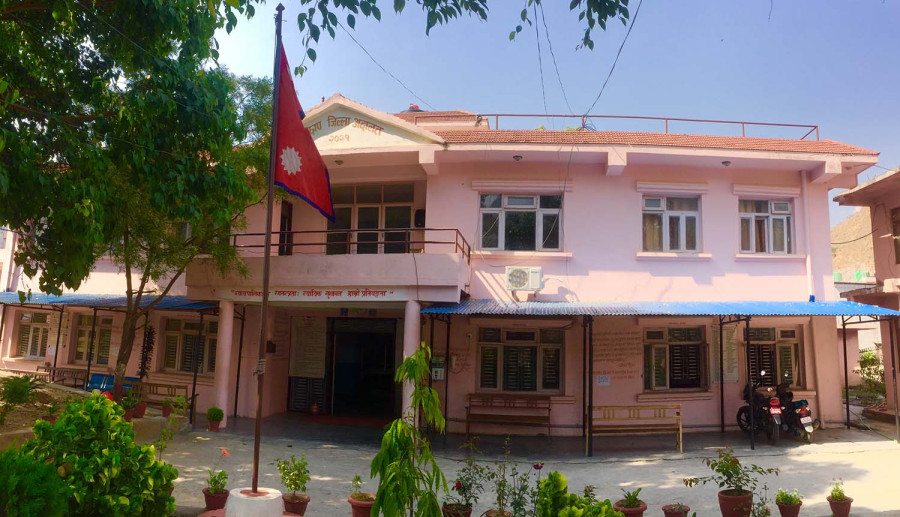National
Man is jailed in a landmark caste-based discrimnation ruling
District courts rarely punished the accused in such cases. Ramechhap court was exception.
Tika R Pradhan
In a significant decision, the District Court Ramechhap on Friday sentenced a man to a year in jail on the charge of caste-based discrimination. He got another three and a half years behind bars for holding the victim hostage.
Along with the jail term, district court judge Indira Sharma also slapped a fine of Rs75,000 on Sher Bahadur Nagarkoti, who was convicted of discriminating against a minor based on her caste and holding her hostage.
Lawyers and social activists the Post talked to said such a decision from a district-level court was important as caste-based discriminations are rampant in society but rarely reach court. “Such decisions from lower-level courts will discourage people from discriminating others, especially in villages, on the grounds of caste, and pave the way for punishing similar offenders,” said advocate Prakash Nepali, who is a legal officer of Samata Foundation, a non-profit that fights for the rights of Dalits and marginalised groups.
The decision is the first of its kind after the country got a law against untouchability and caste-based discrimination, Dalit rights activists said. Though higher-level courts have made similar decisions in the past, it is possibly the first by a district court, they said.
The government enforced Caste-Based Discrimination and Untouchability (Offence and Punishment) Act in 2011.
“We can find many cases of caste-based discriminations in the courts but Ramechhap district court’s decision on Friday is the first of its kind in that it slapped a long jail term on discrimination charges,” said advocate Nepali.
Nagarkoti, along with his wife Bal Kumari and son Roshan, had taken a 13-year old Dalit girl hostage for 21 hours for stealing curd from their house on March 14. The offenders tied up the girl, a fourth grader at the Devisthan Basic School at Bhaluwajor in Manthali Municipality-6, with a rope. She was kept in that state for 21 hours.
According to advocate Yam Kumari Dadel, who has been supporting the victim, Nagarkoti had refused to release the victim even after villagers informed the local representatives upon learning of the incident the same day. The victim was released only after police intervened the next day, on March 15.
Advocate Dadel added the court has slapped another three and a half years of jail and Rs35,000 fine on Nagarkoti for taking her hostage.
Judge Sharma has also given a jail term of three months and Rs50,000 fine to Nagarkoti’s wife Bal Kumari, but acquitted their son, Roshan.
Acting chief judge of Tulsipur High Court’s Nepalgunj bench, Ratna Bahadur Bagchand, said Ramehhap district court’s decision is significant, though, earlier, the appellate court had in a separate case related to caste-based discrimination jailed the accused for a year.
“Nine years ago, the division bench of chief judge Dipak Raj Joshi and myself at the appellate court Surkhet had given a one year jail in a case of caste-based discrimination against Santa Bahadur Damai of Dailekh,” Bagchand told the Post over the phone from Nepalgunj.
Section 7 (a) of Caste-Based Discrimination and Untouchability (Offence and Punishment) Act, 2011 says a person who commits the offence referred to in sub-sections (2), (3), (4), (5), (6) or (7) of Section 4 shall be liable to the punishment of imprisonment for a term bewteen three months to three years and a fine beween Rs50,000 and Rs200,000. Section 4 is related to incidents involving caste-based discrimination and untouchability.




 8.79°C Kathmandu
8.79°C Kathmandu















